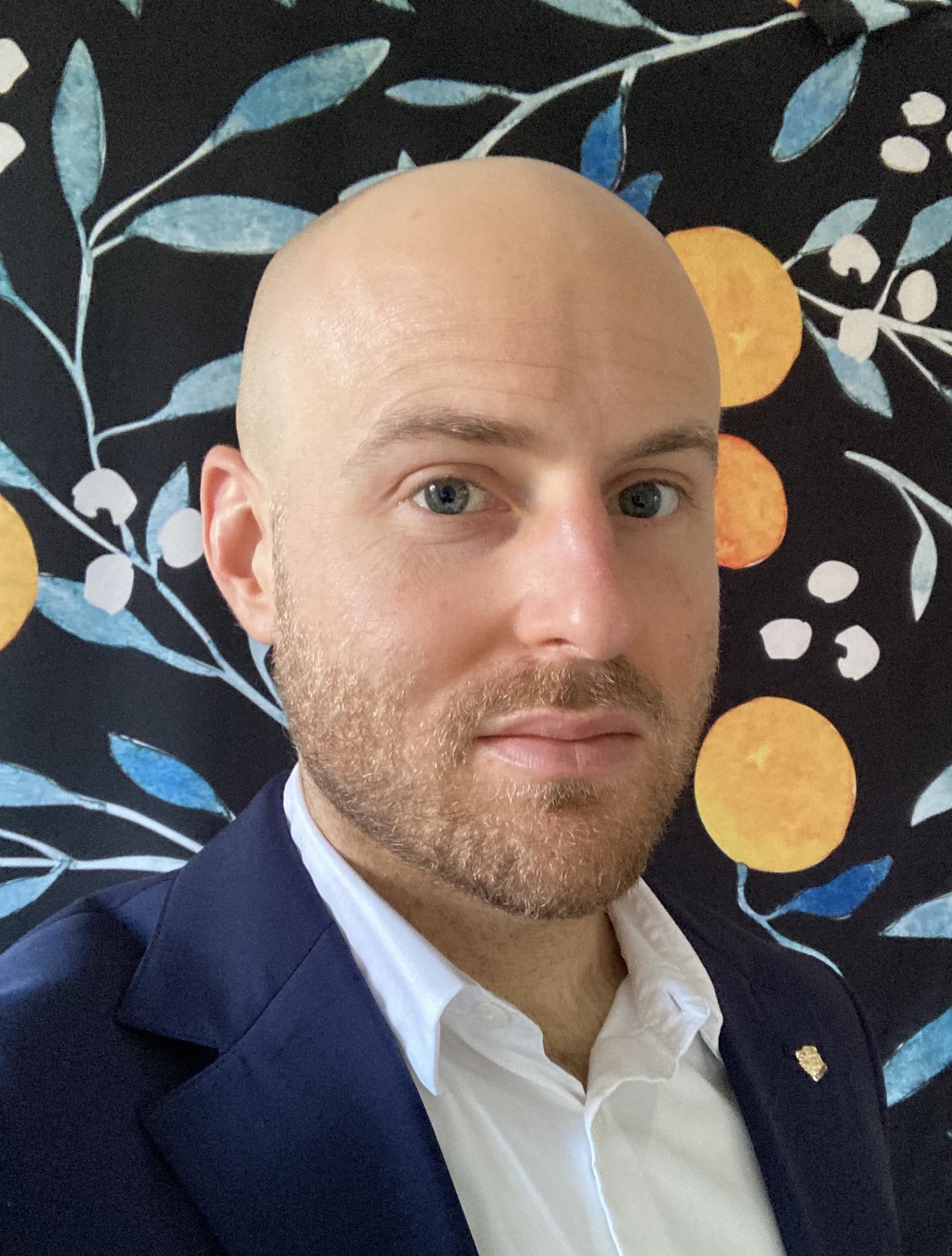Humanity is set to return to the Moon and this time plans to stick around. Or at least, that's the goal of several nations. But humans haven't traveled even close to that distance since the 1970s, and much has changed in the geopolitical context since then. New political concepts, legal institutions, and technologies are poised to make living and working together on the Moon a great challenge and opportunity.
This panel explored the making of the Moon as a site for human endeavors. What is the work that will be necessary for people to (peacefully) act together there? And who gets to decide how they will do so? Join us for a wide-ranging consideration of the lunar future and humanity's place in and on it.
Featuring experts Mclee Kerolle, Deputy Executive Director, The Space Court Foundation Inc.; Britt Adkins, founder of Celestial Citizen; and Tamara Alvarez, Assistant Professor of Ethnology and Cultural Anthropology at Jagiellonian University. Curated and moderated by Nick Travaglini (Liberal Studies - The New School), Co-Chair of New School Policy and Design for Outer Space (NSPDOS) of Students for the Exploration and Development of Space.
Mclee Kerolle, hailing from New York, is a graduate of the International Institute of Air and Space Law at Leiden University where he wrote his Masters thesis on the regulation of commercial spaceports worldwide. While his thesis was inspired by Spaceport America, it specifically focused on the proposed spaceports in Hawaii and Curacao. During his time at Leiden, Mclee worked at the International Association for the Advancement of Space Safety (IAASS) where his responsibilities focused on researching third party liability issues associated with commercial human spaceflight. He also served as the Executive Secretary for the Space Generation Advisory Council (SGAC) and is an inaugural member of their Effective and Adaptive Governance for a Lunar Ecosystem (E.A.G.L.E.) Action Team.
Britt Adkins is the first space urban planner and founder of Celestial Citizen. She is passionate about the intersection of urban planning, engineering, science, and social justice as humans look to build new societies in space. Celestial Citizen is a space media company with embedded urban planning values. This organization seeks to provide storytelling and opportunities for public participation across a diverse range of media in order to encourage conversation and civil discourse around how to democratize access to space and make space futures more inclusive. Britt also hosts Celestial Citizen Podcast where she looks to spark unique conversations about the human factors that will be essential to our long-term survival and evolution into a spacefaring civilization. She is currently enrolled at the University of Southern California’s Price School of Public Policy pursuing a Master of Urban Planning, and recently graduated from the Colorado School of Mines, where she received a Master of Science in Space Resources.
Tamara Alvarez is Assistant Professor of Ethnology and Cultural Anthropology at Jagiellonian University. Tamara earned her PhD in Anthropology at The New School for Social Research with her thesis “The Eighth Continent,” an ethnography of 21st century European and American plans to settle the Moon. She has spoken at Strelka Moscow, the European Space Research and Technology Centre, the International Astronautical Congress, New York University, Collège de France and the Venice Architecture Biennale, and participated in a number of international space initiatives, including The Hague International Space Resources Governance Working Group Socioeconomic Panel, the United Nations Committee for Peaceful Uses of Outer Space, the Moon Village Association, and For All Moonkind. Her current academic book project, Moonrise, is based on her long-term engagement with government and commercial space actors on both sides of the Atlantic and her ongoing research on the Moon’s influence on intertidal and borderland ecologies. Tamara is also working on a feminist science-fiction novel, Shadows, the story of an underground group of female time travelers secretly funded by Mackenzie Bezos.
Nick Travaglini (Liberal Studies - The New School) is a Co-Chair of New School Policy and Design for Outer Space (NSPDOS) of Students for the Exploration and Development of Space. NSPDOS focuses on the social aspects of space, and Nick studies the production and maintenance of these endeavors' vital technical infrastructures.




